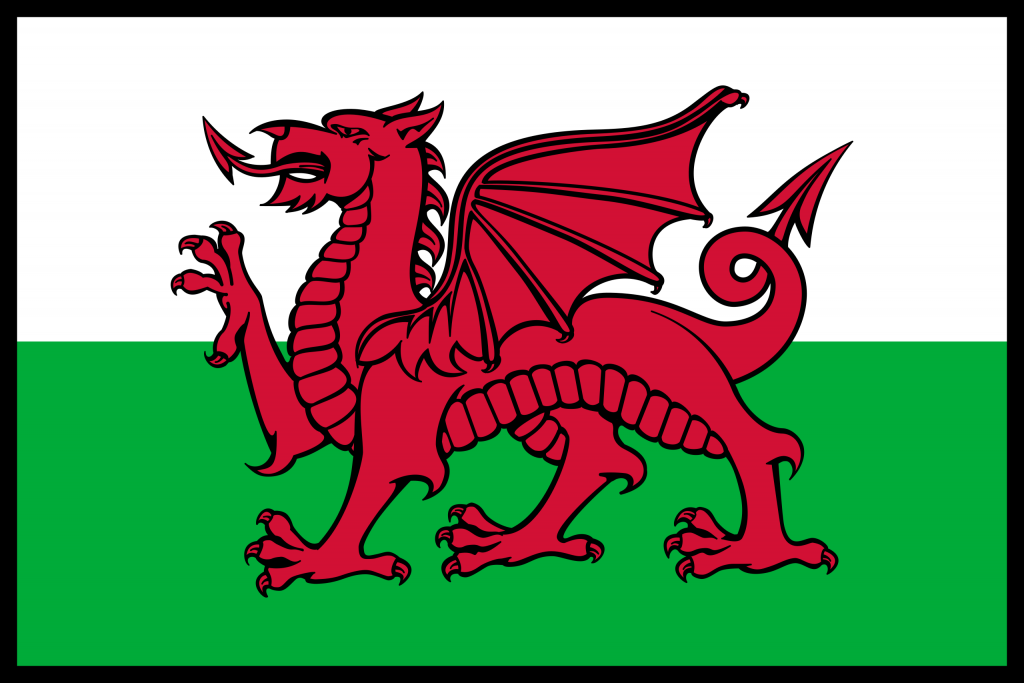MPs to probe Wales PSB future
July 19, 2022
By Colin Mann

The Welsh Affairs Committee of the UK House of Commons has launched a new inquiry looking at Broadcasting in Wales.
Television remains the most-used news source for people in Wales. Seventy-four per cent of adults across Wales use television for their news, followed by websites/apps and radio. In 2020, broadcast television viewing in Wales bucked a long-term trend of decline and increased for the first time since 2012.
The fast pace of change affecting the sector, with the growing prevalence of streaming services in living rooms, offers both opportunities and challenges to traditional broadcasters. The transition is likely to be leading to broadcasters to examine how their audiences are consuming content and how they can keep up with these trends, while still ensuring continued investment for high quality broadcast output. This has a challenging backdrop in Wales: television channels that offer audiences both English and Welsh language content, such as BBC Cymru Wales, ITV Cymru Wales and S4C, have been experiencing funding cuts in recent years. Among other issues, the Committee will be exploring is whether current funding models for public service broadcasting in Wales are dynamic enough in an ever-evolving sector.
Change is already happening with free-to-air sporting rights. S4C – with ITV in England and STV in Scotland – recently struck a deal with Sky Sports to broadcast the World Cup play-off final between Wales and Ukraine last month. However, S4C is facing a longer term challenge with Amazon Prime securing the rights to the rugby Autumn Internationals and retaining the Welsh language commentary resulting in it behind a pay wall. The Committee will be examining what steps need to be taken by the UK Government, sporting bodies and broadcasters to ensure the survival of free-to-air broadcasting.
This inquiry launch follows the recent evidence session held with S4C, where the Committee heard of the important role smart TVs should have to make the channel visible and easily accessible to audiences. The challenge of recruitment was also highlighted alongside calls for investment in training to ensure the future of independent creative companies.
“Public service broadcasters in Wales are facing a period of enormous change as more and more viewers choose to stream content through online platforms,” notes Stephen Crabb MP, Welsh Affairs Committee Chair. “Despite pressures on funding and investment, broadcasters continue to deliver high quality and original output in Wales.
“As a Committee, we are keen to identify what can be done to secure the future of public service broadcasting in Wales. Among other issues, we are exploring whether the model for public service broadcasting in Wales is sustainable, and how we can ensure the survival of free-to-air content.”
The Committee invites written submissions, addressing any or all of the issues raised in the following terms of reference, by Friday August 22nd 2022:
- Are the current models of funding for public service broadcasting in Wales sustainable to ensure the future of a successful and dynamic broadcasting industry in Wales?
- What impact will the privatisation of Channel 4 have on the broadcasting sector in Wales?
- What should the future of public service broadcasting in Wales look like given the growth of global streaming platforms and changing viewing habits especially of younger generations of consumers?
- What steps need to be taken by the UK Government, sporting bodies and broadcasters to ensure the survival of free-to-air broadcasting?
- Would a move away from free-to-air sports broadcasting ensure more investment in grassroots sport in Wales?
